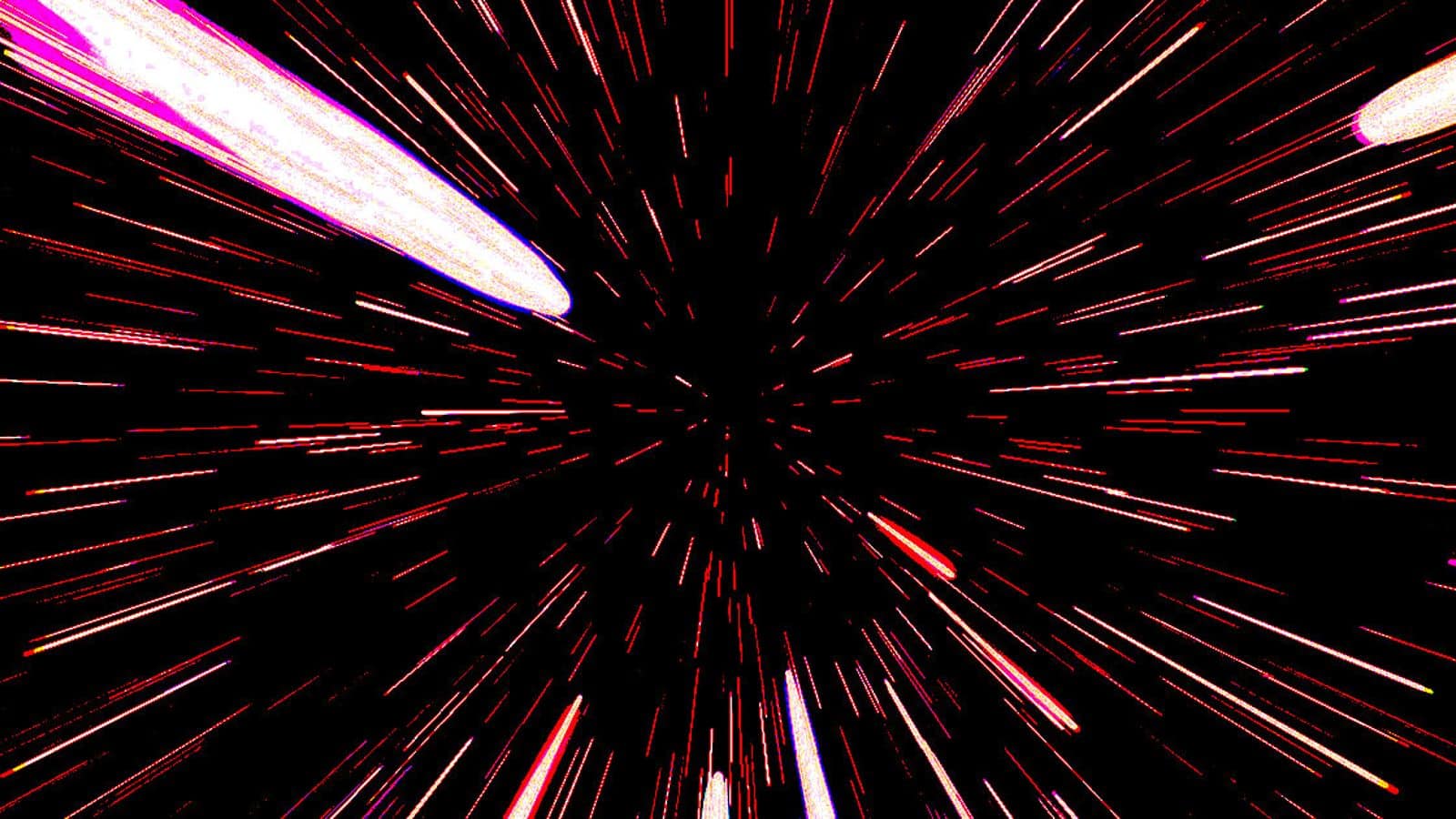
Space start-up claims to have discovered propellant-free propulsion system
What's the story
Exodus Propulsion Technologies, a space start-up, has announced a significant advancement in propellant-free propulsion.
The company claims to have discovered an unknown force of nature that could potentially power thrusters without the need for propellant.
Charles Buhler, co-founder and former NASA engineer, believes this could transform space exploration.
Buhler's bold claims are set to face rigorous scrutiny from the scientific community.
Potential
The newly discovered force could be used for propulsion
Buhler, in his conversation with The Debrief, stated that the newly discovered force could be harnessed to generate propulsion, unlike anything previously achieved.
He asserted, "There are rules that include conservation of energy, but if done correctly, one can generate forces unlike anything humankind has done before."
Buhler further predicted this force could be used for propulsion for the next 1,000 years "until the next thing comes."
Showcase
Exodus presented its research at the Alternative Propulsion Energy Conference
Exodus recently presented its research at the Alternative Propulsion Energy Conference (APEC), a prestigious event attended by top figures in the field.
The propulsion system developed by Exodus uses electrostatics to harness Buhler's "new force," generating a modest 10milliNewtons of force.
Despite the small magnitude, Buhler reassured that "magnitude is not important, really, since anything above zero would work in space!"
System design
Buhler explains the propulsion system
Buhler explained that their propulsion system is made up of various types of charge carrier coatings, supported on a dielectric film.
The aim is to create a lightweight system while maintaining high dielectric breakdown strength.
He believes this discovery suggests "that there's some underlying physics that can essentially place force on an object" given "an asymmetry in either electrostatic pressure or some kind of electrostatic divergent field."
However, he acknowledges these claims seem to contradict established energy laws.